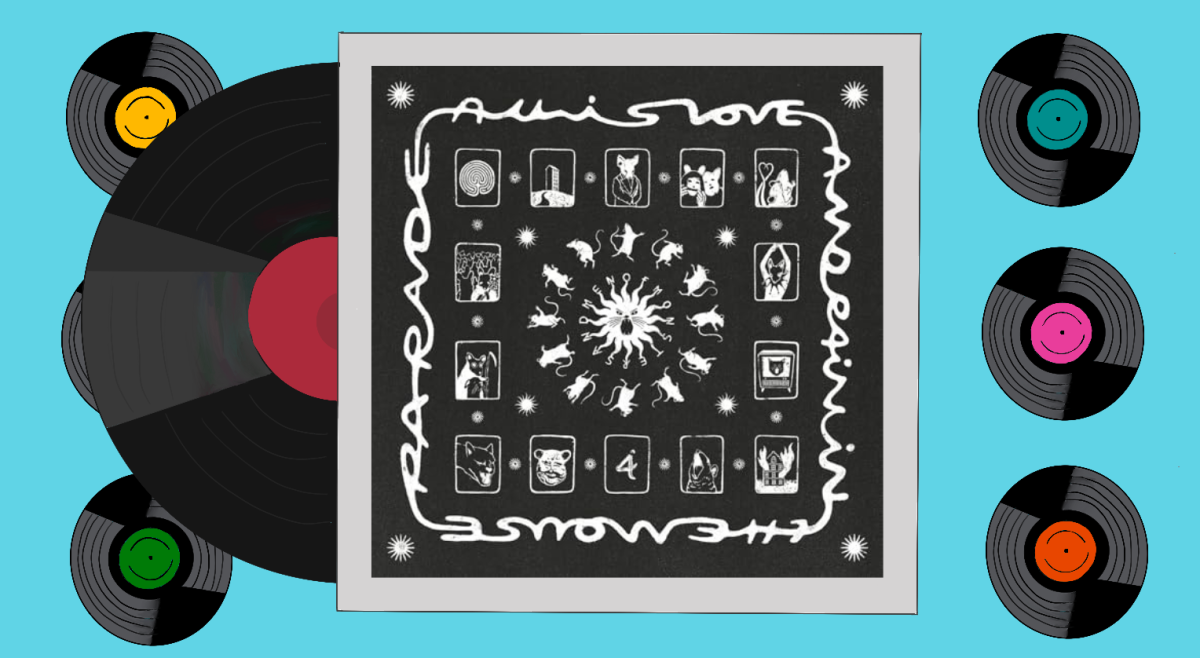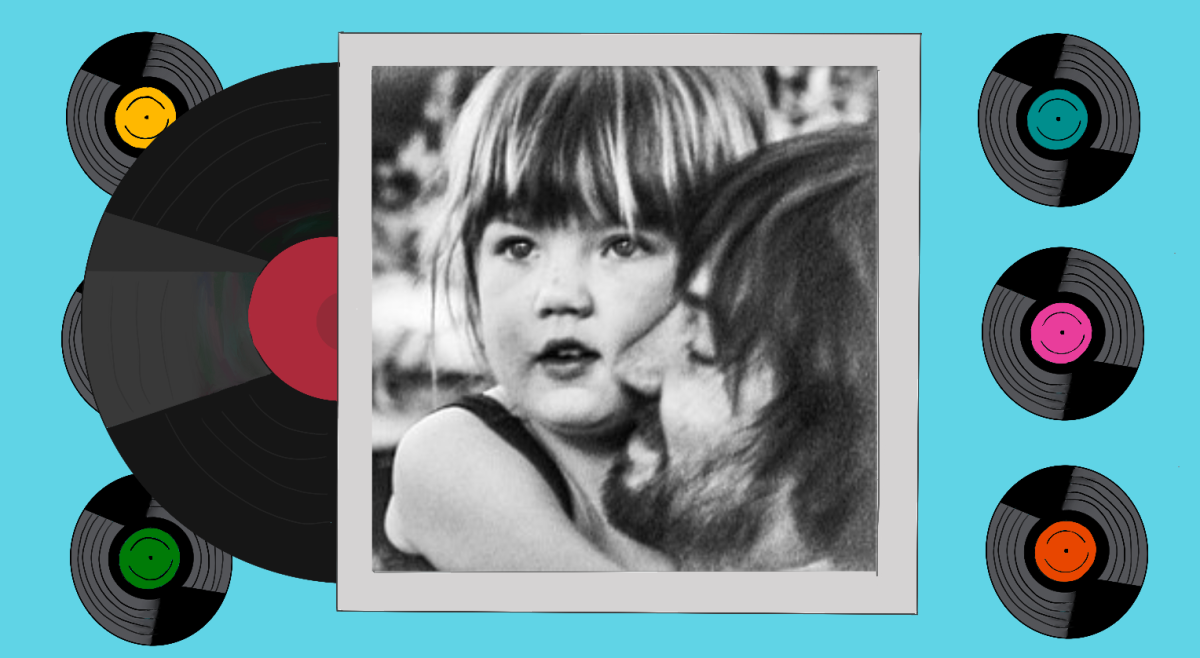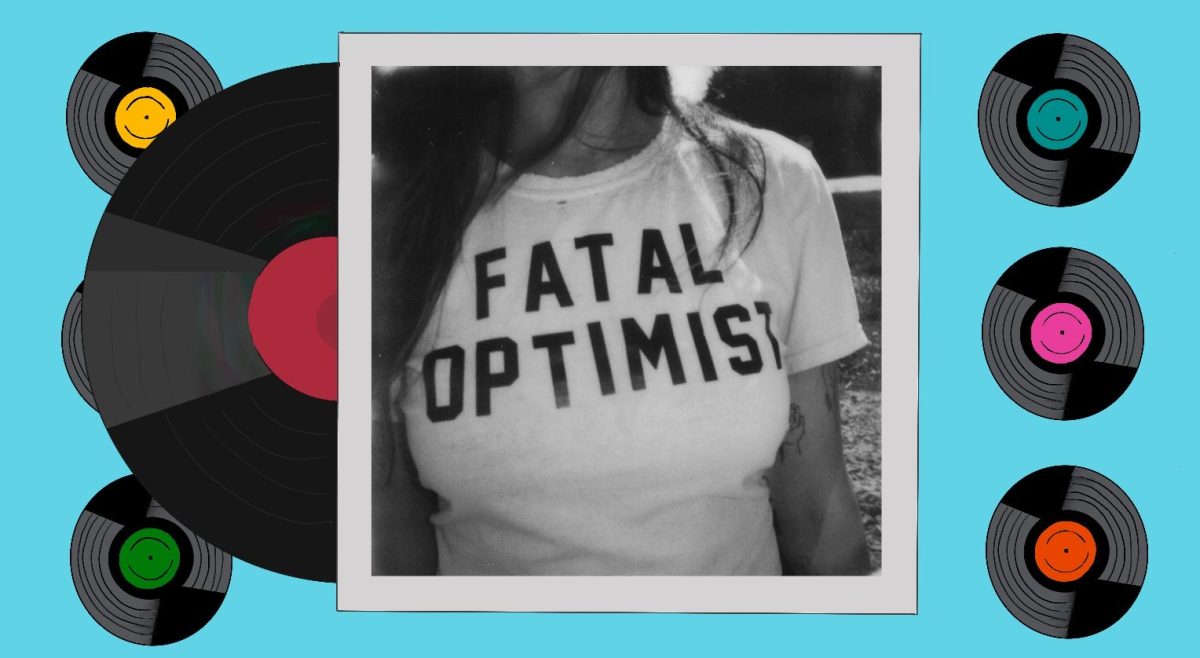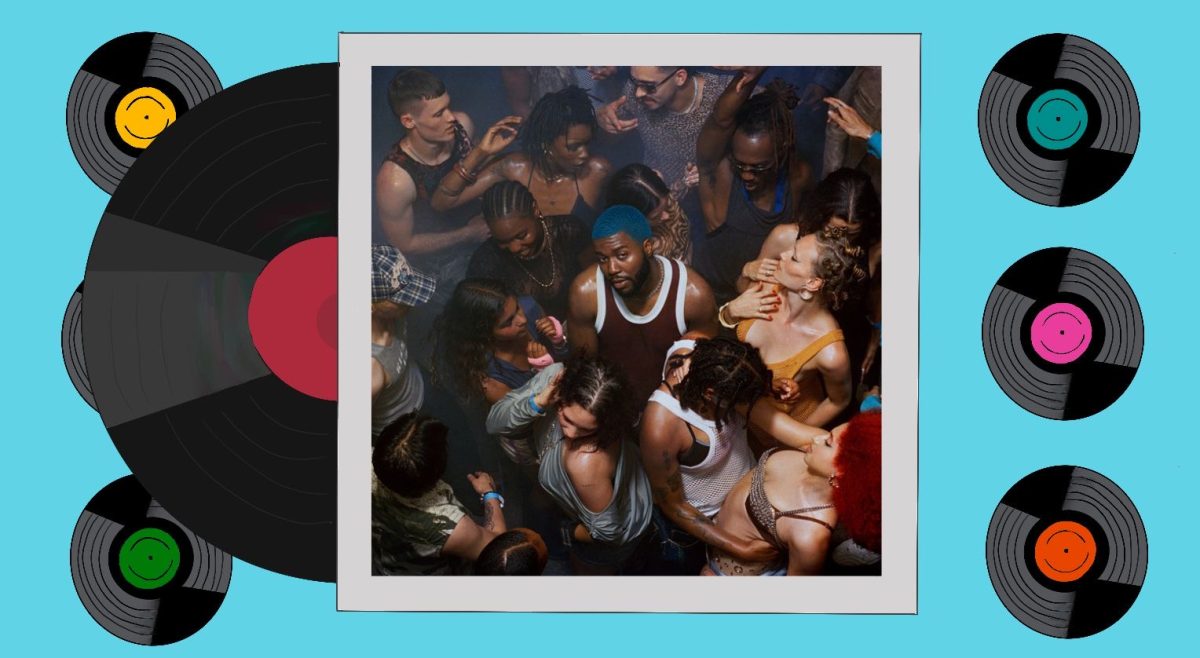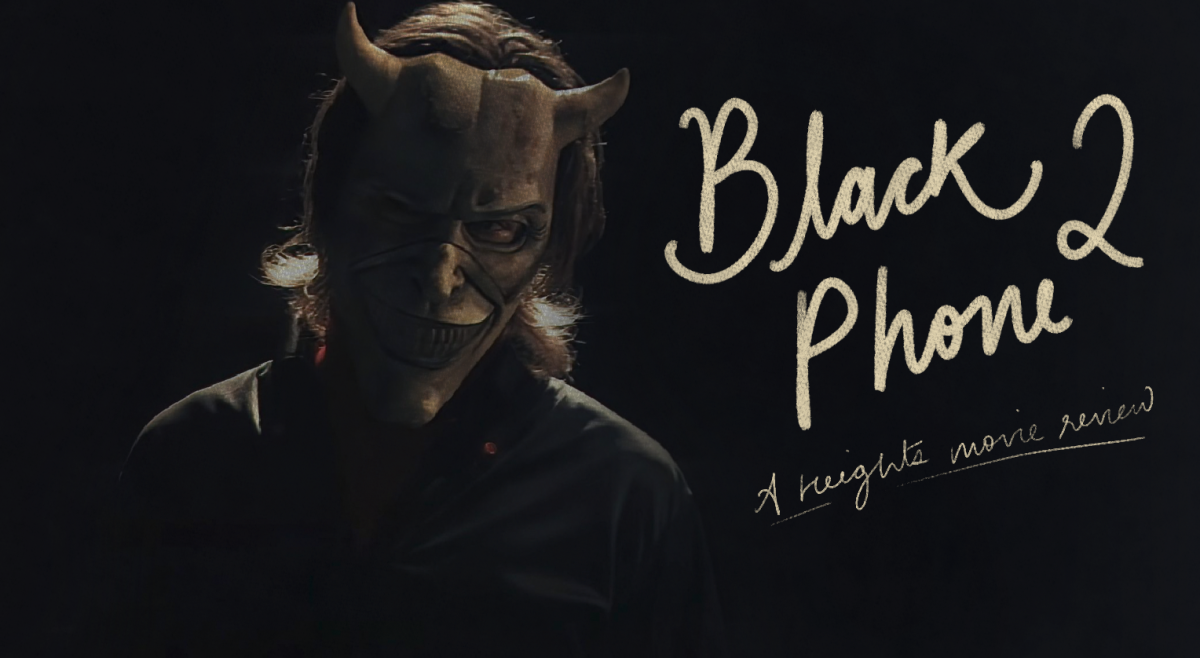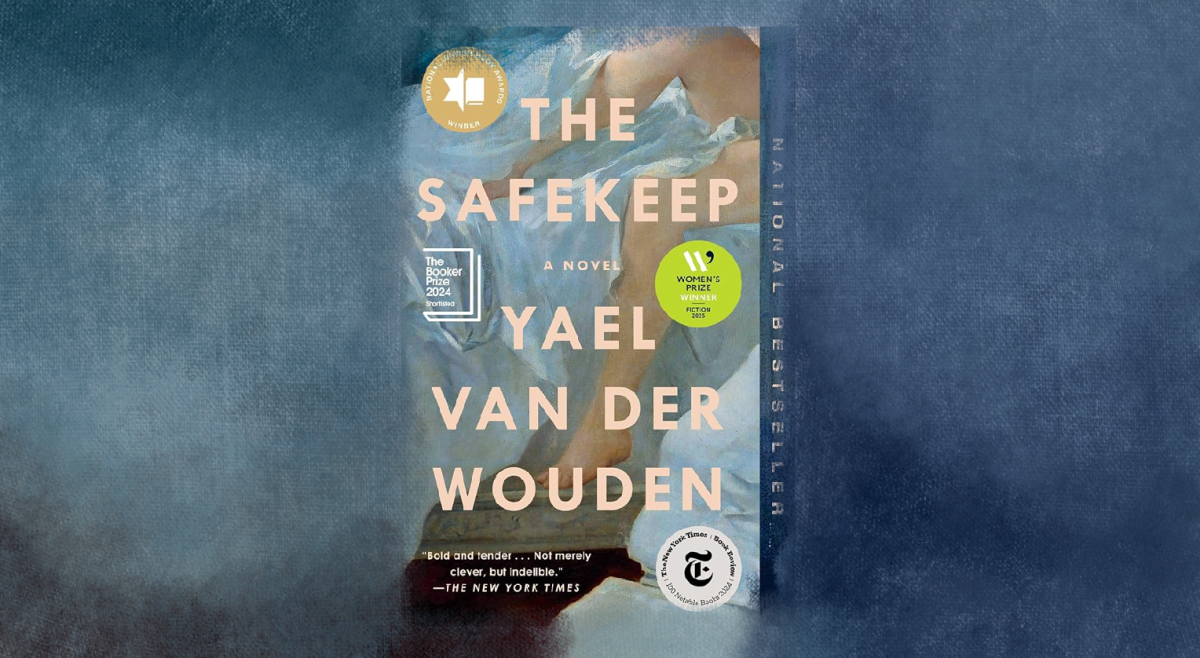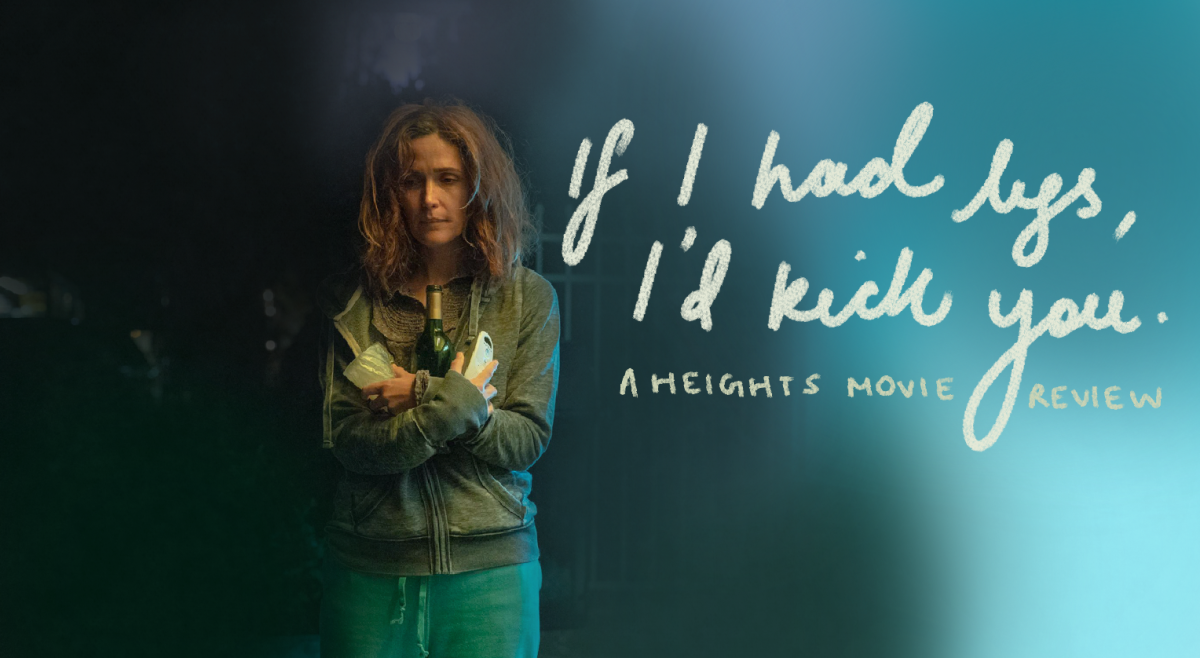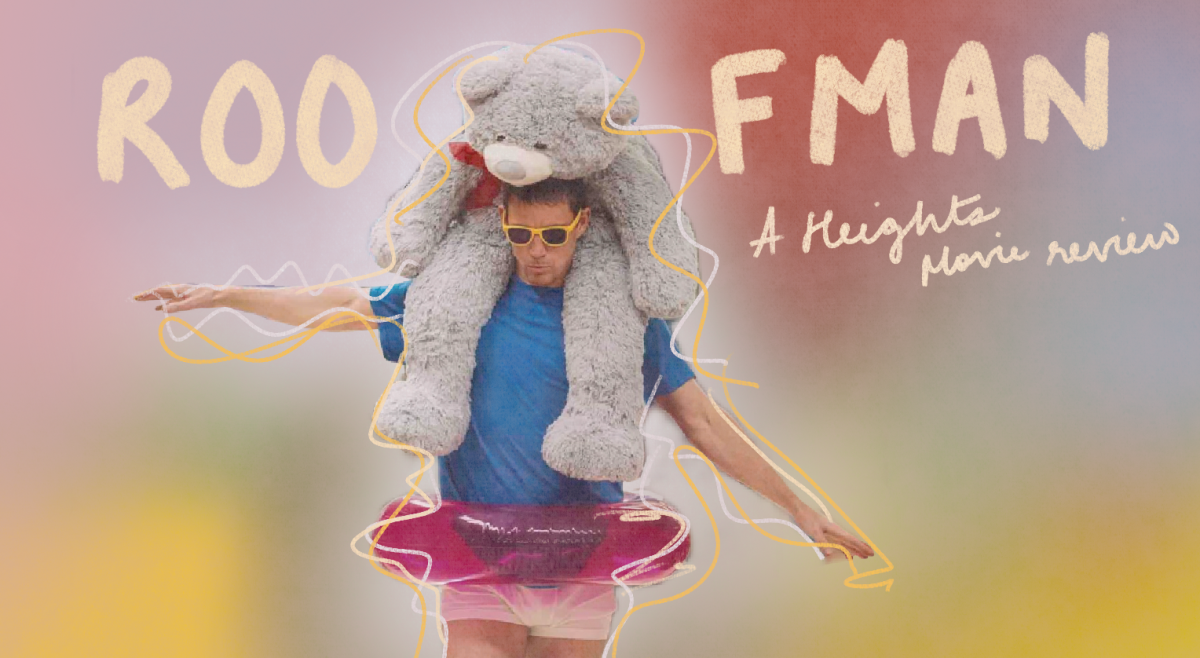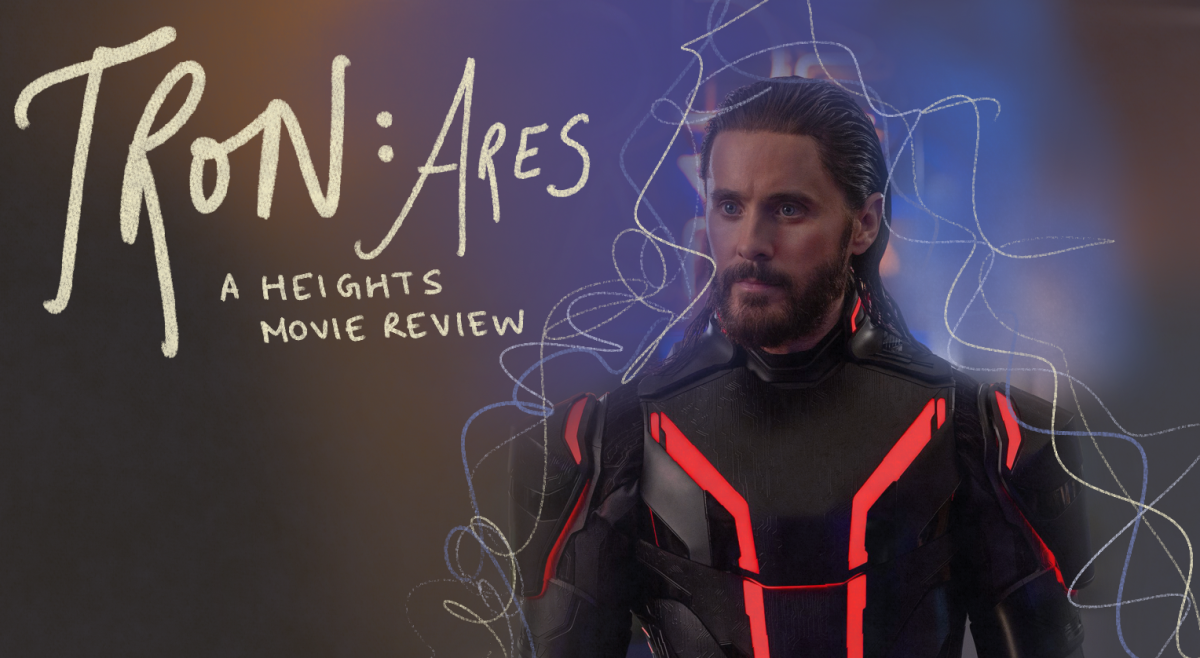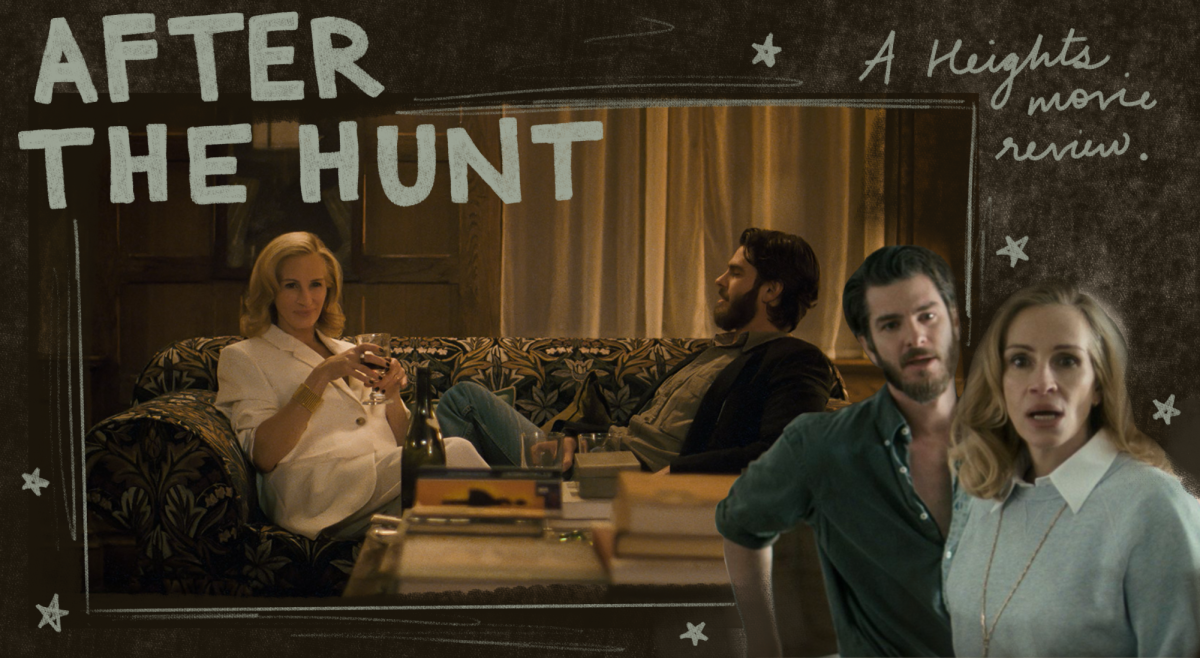
It’s hard to imagine a time when Billie Eilish wasn’t bending, twisting, and crawling within the borders of the music industry, given her name is irreversibly evolving the understanding and interpretation of teen pop-stardom. The 17-year-old, whose musical work entangles depth and darkness, released her greatly anticipated (or greatly feared) album When We All Fall Asleep, Where Do We Go? on Friday.
Her new album title, a lyric extrapolated from her song “bury a friend,” poses a morbidly mind-bending question, and the album includes 14 new songs, four of which were pre-released—“you should see me in a crown,” “when the party’s over,” “bury a friend,” and “wish you were gay”—each one of them baring the darkest parts of the artist’s life. Sinking into the delirious state of late-night thought, dreams, nightmares, desires, and fears, her album focuses on what happens at the end of the night, as Eilish sings, when the party’s over.
Back in 2017, when Eilish’s EP, “don’t smile at me,” was officially released, the world was introduced to the 15-year-old who composed testaments to copy-cats, fake friends, and fake love combined with elements of anarchy. She harnessed her mind as a rebellious teen to defy the constraints of rules. Yet her voice, soft and demure, still possessed elements of adolescent naїvete. It was an EP about love in the most uncharted sense of the word—she explored the depths of its definition by drawing out emotions and stories from it that most people in music don’t focus on.
She wasn’t fake, but instead brutally, and sometimes uncomfortably, honest. But then, there was cause and reason for the heartbreak, the repressed chaos and the mild insanity laced between her lyrics. In her new album, finding a singular source for the pain she translates into her music is nearly undetectable—possibly because it’s internal.
Followed by a snippet of dialogue between Eilish and her brother, Finneas O’Connell (with whom she’s written and composed most of her music), her first song, “bad guy,” picks up on the joking, jabbing tone of the two siblings. Introducing a bass guitar beat and gargling autotune, Eilish brands herself as a “bad guy,” someone we don’t necessarily recognize, and plays into this alter-ego for the entirety of the album. “xanny,” a slow, intoxicating song that’s deceptively sincere, further lures listeners in because there’s a sense of familiarity—this song maintains a similar tone to Eilish’s EP: A lamenting, angelic voice sings beside a pared-back beat.
But “you should see me in a crown,” a spine-tingling tune, contains an intriguing lyric—“Fell for these ocean eyes”—which alludes back to her career-launching single, “Ocean Eyes.” Did we all fall for “Ocean Eyes,” released back in 2016, a vastly different musical persona from the one Eilish is embracing today?
Then the music takes a darker turn. Her song, “all good girls go to hell,” begins with the chimes of church bells fading into auto-tune. It’s a strange syntax that’s puzzling in its overt expression of a desire for Lucifer and a depiction of a female god with enemies. It’s the same, morbid tonality that carries “bury a friend.” Playing into horror-themed ideas, more than one song on Eilish’s new album—even after more than one listen—instill shock and are rather unsettling.
Like “xanny,” Eilish’s song “8,” a ballad between young Eilish and present-day Eilish, retains lingering themes and a similar sound to her EP—specifically, “party favor” comes to mind as a ukulele strums, while a young Eilish’s voice begins the song. Whether the sound of young Eilish is actually her voice or just auto-tune is not entirely clear—regardless, the song, beautiful and honest, is a testament to the fact that Eilish has been writing songs for years.
Yet, the most amusing song on Eilish’s album, “my strange addiction,” contains dialogue pulled straight from The Office episode “Threat Level Midnight.” Michael Scott’s voice interrupts the album, beginning this song admitting “No Billy, I haven’t done that dance since my wife died.” Bouncing between the show’s dialogue and Eilish’s voice, this song is refreshingly comedic compared to the dark subject matter Eilish tends to dwell on.
In her debut album, Eilish leans full throttle into the dark side of her personality, crafting lyrics that are explicit, sad, somber, desperate, and hopelessly personal. But her voice fools you into believing you’re safe from harm, when a lot of what she sings about comes from the uncontrollable nature of the mind: depression, bad thoughts, delirium—things that can’t be controlled. Her lilting falsetto is twisted behind perverse lyrics detailing unsolicited confession and demented auto-tune, melding into a sinister, addicting sound. It’s a strong introduction into the new persona Eilish is cultivating for herself in the music industry, and her voice will be ringing in your ears long after you’ve stopped listening.
Featured Image by Interscope Records








